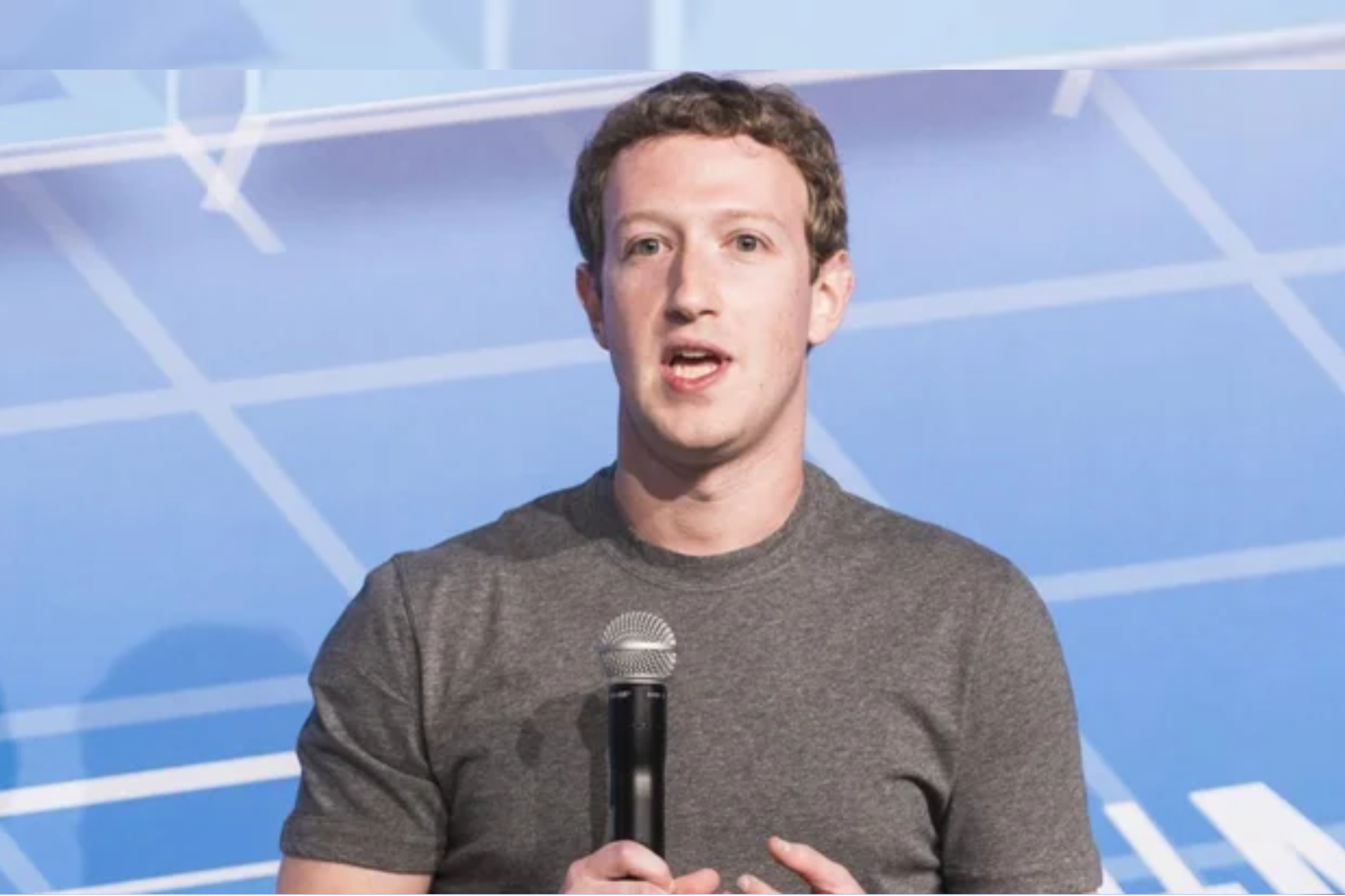Meta Appoints Ex-OpenAI Scientist Shengjia Zhao to Lead New Superintelligence Lab Zhao, previously a research scientist at OpenAI, played a pivotal role in creating GPT-4 and various lighter models such as version 4.1 and o3. He is among at least eight researchers who have recently transitioned from OpenAI to Meta.
You're reading BIZ Experiences India, an international franchise of BIZ Experiences Media.

Meta Platforms has appointed Shengjia Zhao, a leading figure in the development of OpenAI's ChatGPT, as chief scientist of its newly launched Superintelligence Lab. This high-profile move marks a significant step in Meta's accelerating drive to position itself at the forefront of advanced artificial intelligence.
CEO Mark Zuckerberg shared the announcement on Friday through Threads. He said Zhao will guide the lab's scientific direction and collaborate closely with both Zuckerberg and Meta's Chief AI Officer Alexandr Wang. Wang joined the company earlier this year after Meta took a substantial stake in his former company, Scale AI.
Zhao, previously a research scientist at OpenAI, played a pivotal role in creating GPT-4 and various lighter models such as version 4.1 and o3. He is among at least eight researchers who have recently transitioned from OpenAI to Meta. The influx of talent signals Meta's intent to rapidly close the distance with competitors in the race toward building artificial general intelligence.
The creation of the Superintelligence Lab is part of Meta's broader efforts to establish a premier AI research division. The lab is distinct from FAIR, Meta's long-standing AI unit led by deep learning pioneer Yann LeCun. While FAIR has focused on foundational research, the new lab aims to develop what Zuckerberg has described as full general intelligence.
Zuckerberg also confirmed that Meta plans to open-source the work produced by the Superintelligence Lab. This strategy has drawn mixed reactions within the AI community, with some praising the transparency and others warning of risks linked to such openness.
Meanwhile, Meta's recruitment campaign has unsettled OpenAI. Internal messages leaked this month revealed OpenAI Chief Research Officer Mark Chen comparing Meta's tactics to "someone breaking into our home and stealing something." In response, OpenAI is reportedly reassessing its compensation practices and offering staff additional time off to curb further departures.
OpenAI CEO Sam Altman has publicly criticised what he views as profit-driven hiring practices. He alleged that Meta has lured researchers with offers reaching USD 100 million in signing bonuses, a claim dismissed as exaggerated by Meta's Chief Technology Officer Andrew Bosworth. However, reports of even higher offers, including an unverified USD 1.25 billion compensation package over four years, illustrate the escalating competition for elite AI talent.
While Altman argues that OpenAI's mission-focused approach offers a stronger long-term foundation, others in the industry see Meta's strategy as justified. Google DeepMind's CEO Demis Hassabis called the hiring surge a rational response given Meta's desire to catch up.
With over USD 14 billion invested in AI infrastructure and partnerships, Meta is making its intentions clear. The addition of Zhao and other key hires underscores the company's determination to lead—not just follow—the next wave of AI development.













